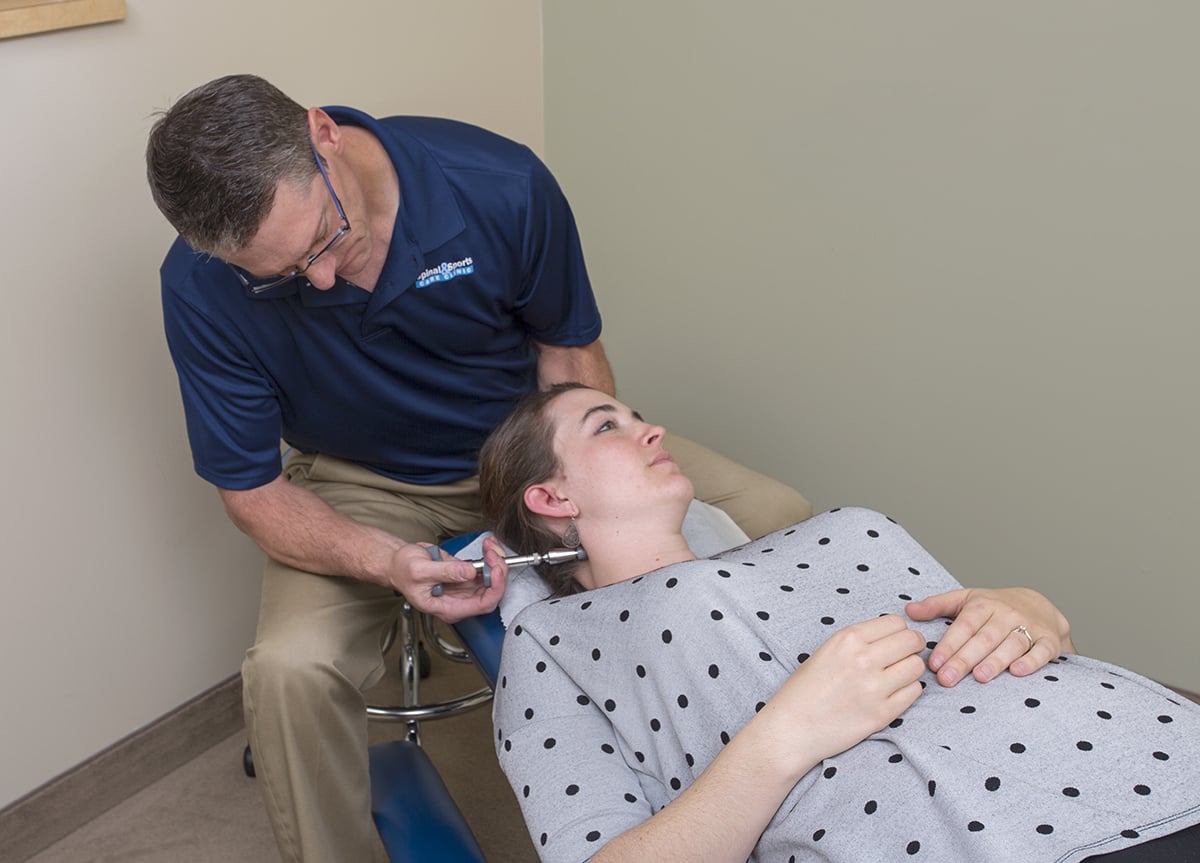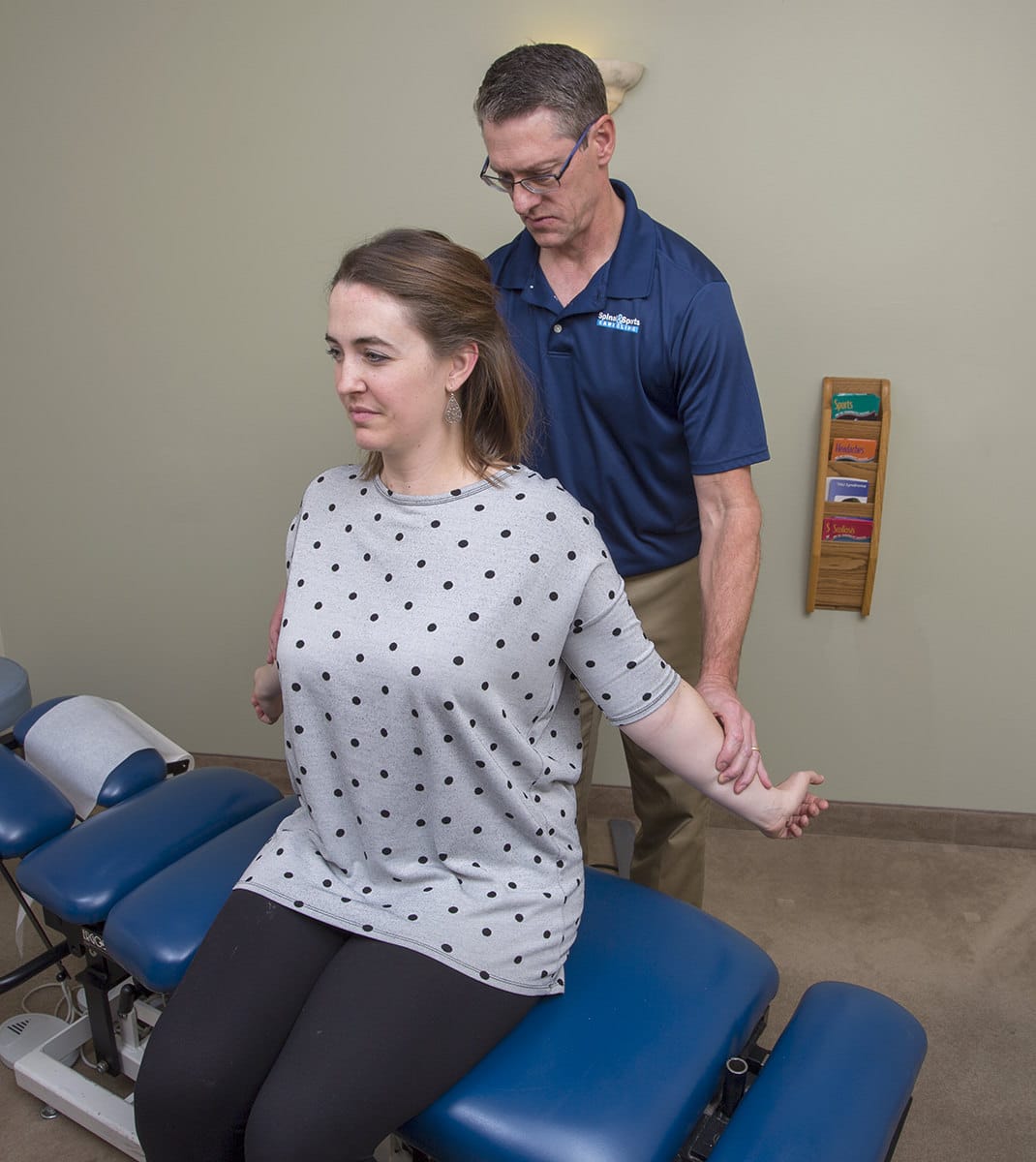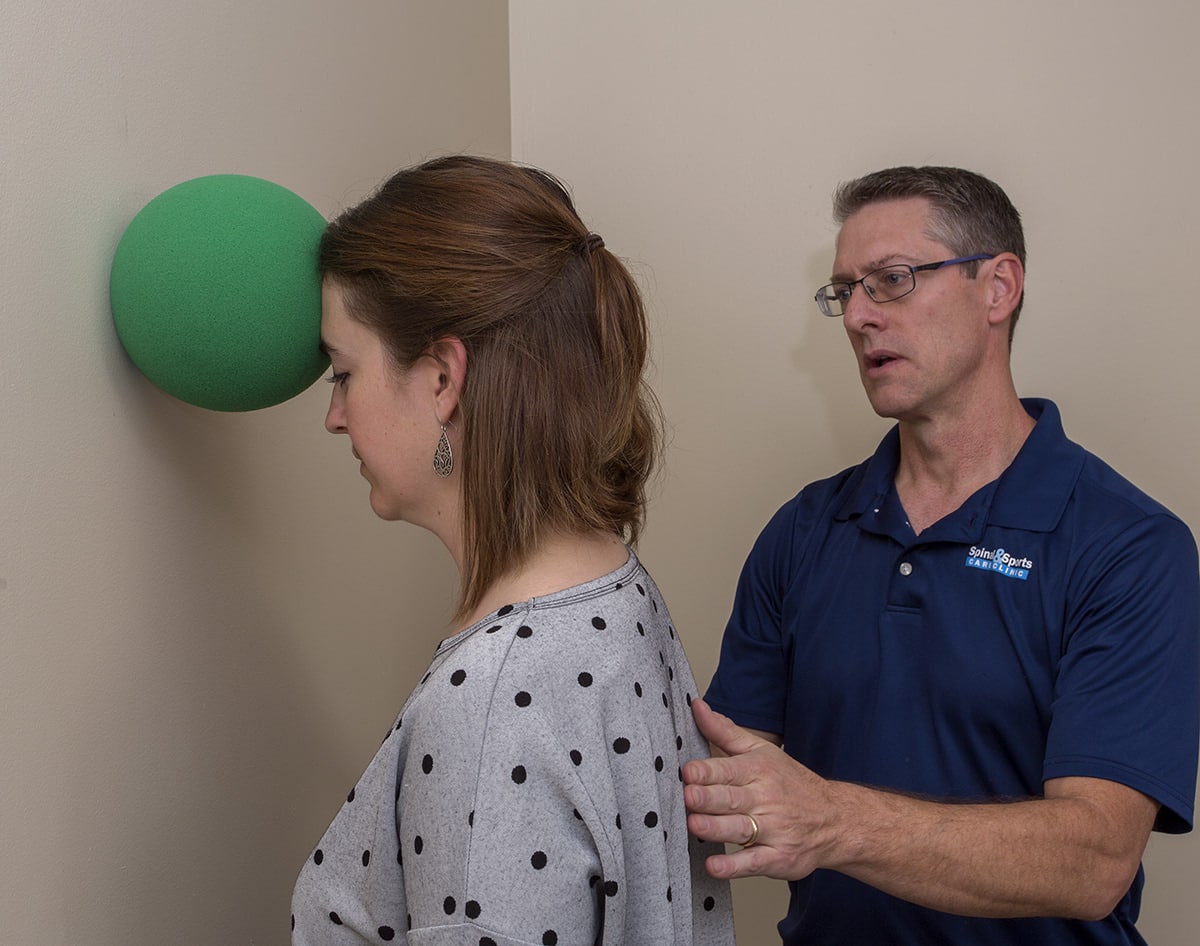Motor Vehicle Accidents
This May Be The Most Important Article You Will Ever Read About Your Injuries!
If you’ve recently been involved in a car wreck and suffer from any of the following…
- Neck pain
- Sharp, shooting pains in the arms
- Numbness and tingling in the arms or hands
- Headaches or dizziness
- Unrelenting muscle soreness
…There may be cause for concern
It’s amazing how different life can be after a split second collision. One minute everything is fine, the next you are hurting for days and worried if life will ever get back to normal.
Tasks you used to perform with ease, like going to work, playing with kids, concentrating or even sleeping, now take more effort and cause annoying pain. If you feel like this, or have any of the symptoms listed above, you could be suffering from whiplash.
Whiplash and whiplash associated disorders (WAD) is an injury to the spine caused by a jerking motion, either backward, forward or from the side. Whiplash can damage your muscles, ligaments, bones, discs, and joints, even if you feel just a little sore after the accident. Scar tissue can develop, causing misery in your soft tissues and neck joints for decades. One medical study concluded 43% of patients “will suffer long-term symptoms following ‘whiplash’ injury, for which no conventional treatment has proven to be effective.” This means that almost half the people who have neck trauma from a car wreck will suffer for years. Sadly, more traditional methods of treatment like neck collars, pain pills, and the “wait and see” approach often don’t work. So what can you do if you’ve been in a whiplash accident?
Get Your Injuries Evaluated by an Expert
The doctors at Spinal and Sports Care Clinic are widely recognized in Spokane as experts in treating whiplash. Over the last 28 years we have treated hundreds of patients with motor vehicle injuries.
We frequently get referrals from medical doctors, nurse practitioners, and physician’s assistants because of our excellent results. One of our goals is to work with your primary care doctor and to integrate medicine with modern chiropractic care in order to maximize benefit and speed recovery from these terrible car accident injuries. If we are unable to fix your problem we will refer you to the appropriate specialist. These include:
- Primary Care Doctors
- Physical Therapists
- Acupuncture
- Pain Management Specialists
- Orthopedists
- Surgeons

Early Intervention is the Key!
While muscle relaxers and anti-inflammatory medications can be useful immediately after your injury in the long-term, they tend to mask your symptoms. Cervical collars are usually ineffective in decreasing pain severity and can weaken the neck muscles if used for prolonged times.
Early use of gentle manual therapy procedures and massage usually produces the quickest results and reduces the chances of long-term disability.
A recent landmark study on whiplash in Spine magazine supports this as fact. In a review of 359 studies on neck pain, including whiplash, found that the most beneficial therapies were joint mobilization, muscle stretching and manual traction. Since the neck “facet” joints are responsible for about half of all cases of whiplash symptoms, we have found that gentle, low force spinal adjustments are crucial in reducing pain and improving range of motion.
Varied Techniques and Modalities Work Best
We treat each patient as an individual with unique healthcare problems. Because of this, we use a wide variety of techniques to treat the muscles, ligaments and joints.

These Include:
- Mobilization
- Instrument Adjusting
- Muscle/Energy Techniques
- Stretching Exercises
- Manual Adjusting (when appropriate)
- Ergonomic Recommendations
- Strength Training and Rehabilitation
- Graston Technique
- Massage Therapy
- Laser
Don’t Wait To Get Treated
Scar tissue will form at some point after a whiplash injury. It is inevitable. You never get a second chance to treat your injury. The key is to seek care immediately after the accident and guide your body, so the spine heals in the best possible position. Early intervention may prevent chronic pain that could haunt you the rest of your life. A study published in the Journal of Bone and Surgery looked at people who had been in a car accident 15 years ago. They found that 70% of the whiplash injured patients continued to complain of problems related to the original accident. With women it was even higher — 80% still had symptoms after 15 years!


